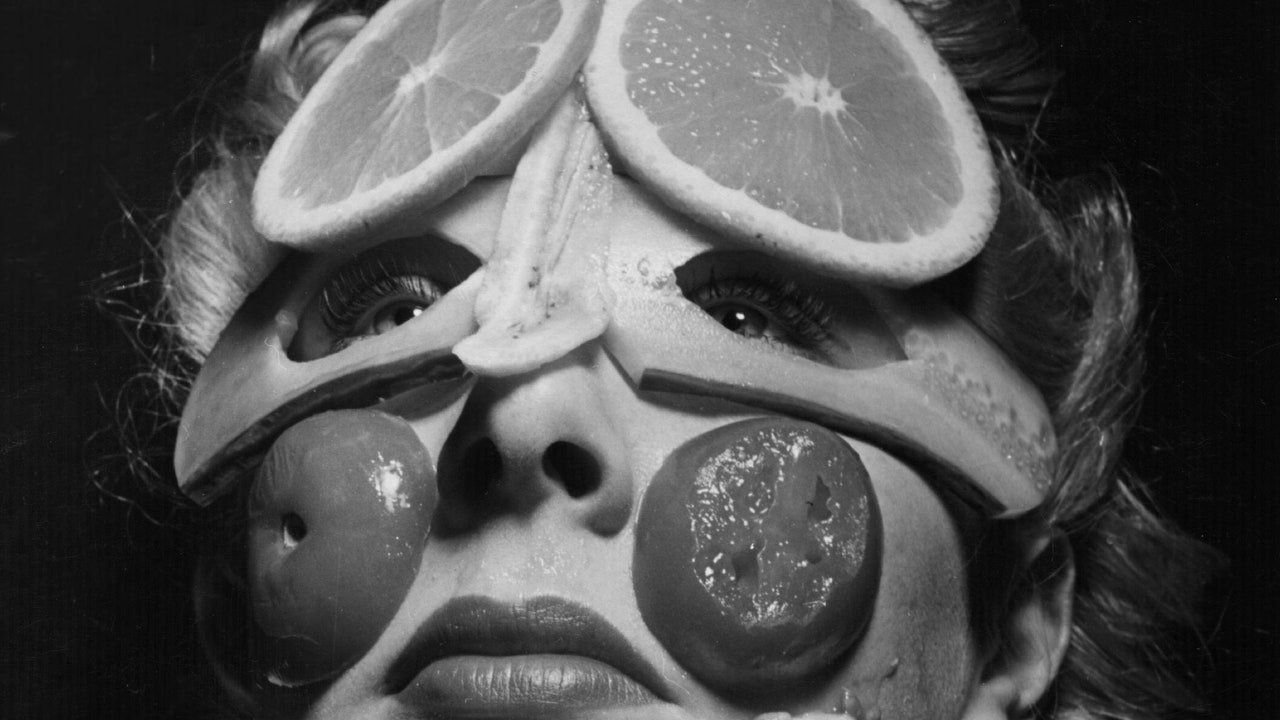For over a year, I’ve had two different hair colors taking up semi-permanent residence on my head. I bleached my naturally brown hair blonde shortly before the COVID-19 pandemic hit, grieving a friend-breakup and desperate for some sort of aesthetic distraction; just months later, though, the closure of salons across the country made it impossible for me to do the kind of regular upkeep my new ’do required.
I at-home dyed my hair pink during the disorienting, boring early months of isolation. Now the pastel-pink has long faded, leaving me with dark roots and a white-blond ponytail; at one point, just waking up every day with this mess of contrasting tones on my head would have stressed me out, but these days, I’m surprised to find I don’t mind it.
When I read Amanda Mull’s recent Atlantic article about the “post-pandemic beauty boom,” I was equally surprised to find I didn’t recognize myself in it at all. I’d hit all the other benchmarks that seemed to mark work-from-home life, dutifully baking sourdough and watching Tiger King and occasionally succumbing to vaccine envy, but I couldn’t relate to the desire to return to a nail salon or a stylist’s chair. These days, my two-toned hair looks, at best, wannabe-“trendy,” or at worst, actively bad, but for some reason, I…suddenly don’t care.
I’ve always been into beauty, less as an aesthetic value than as a full-time pursuit; I started wearing makeup at 12, using my allowance to collect the cheapest lip glosses Sephora sold, and by 14 I was the one showing my mom how to do a smoky eye. While some young women’s fixation with makeup, hair and accessories undoubtedly comes from a healthy desire for self-expression, mine felt more akin to keeping the beast at bay; as I started to gain weight in puberty, I promised myself I’d work hard enough with a tube of mascara and a can of dry shampoo to keep myself pretty, or at least pretty-adjacent.
My relationship with beauty got a lot less fraught as I grew up and began to notice how many writers I admired—from Rio Viera-Newton to Arabelle Sicardi—used makeup and skin care as a way to talk about femininity, sexuality, ethics, capitalism, and a host of other vital issues. The rise of Euphoria-inspired beauty gave me permission that I, as a fat woman, had never before felt to have genuine fun with makeup, and I began to untangle how deeply my internalized fatphobia was rooted in defining my idea of what “beauty” even was.
